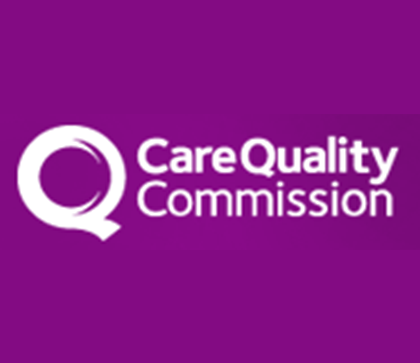
The Surprising Impact of Antihistamines on Your Teeth
March 24, 2024
Are you among the many individuals in Dorset and Hampshire who rely on antihistamines to
manage allergies or other conditions? While these medications can provide much-needed
relief from symptoms like sneezing and itching, they may also have unintended effects on
your oral health. Understanding the relationship between teeth and antihistamines is crucial
for maintaining a healthy smile. That's where Smile Circle comes in, connecting patients with
the best dentists in Andover, Poole, Southampton, and throughout Hampshire and Dorset.
One of the lesser-known side effects of antihistamines is tooth discolouration. The active
ingredients in many antihistamine medications, such as diphenhydramine or
chlorpheniramine, can cause staining or discolouration of the teeth over time. This occurs
because antihistamines have drying effects on the mouth, reducing saliva production. Saliva
plays a crucial role in washing away food particles and bacteria that can contribute to tooth
discolouration. When saliva levels are low, these substances are more likely to adhere to the
teeth, leading to stains and discolouration.
Additionally, the drowsiness caused by some antihistamines may lead to changes in oral
hygiene habits. Individuals who feel sleepy after taking antihistamines may be less inclined
to brush and floss their teeth regularly, further exacerbating the risk of tooth discolouration
and other oral health issues.

So, what can you do to protect your teeth while taking antihistamines? Here are some tips
recommended by Smile Circle and our network of top dentists in Hampshire and Dorset:
1. Stay Hydrated: Drinking plenty of water can help counteract the drying effects of
antihistamines and promote saliva production. Aim to stay hydrated throughout the
day, especially if you're taking antihistamines regularly.
2. Practice Good Oral Hygiene: Be diligent about brushing your teeth at least twice a
day and flossing daily, even if you're feeling drowsy from antihistamines. This helps
remove food particles and bacteria that can contribute to tooth discolouration and
decay.
3. Consider Alternatives: If you're concerned about the impact of antihistamines on your
teeth, talk to your doctor about alternative medications or strategies for managing
your allergies or other conditions.
4. Regular Dental Check-ups: Visit a trusted dentist in Andover, Poole, Southampton, or
elsewhere in Hampshire and Dorset for regular check-ups and cleanings. Your
dentist can monitor your oral health and provide personalised recommendations to
address any concerns related to tooth discolouration or other issues.
By staying informed about the potential impact of antihistamines on your teeth and following
these tips, you can maintain a healthy, bright smile even while managing allergies or other
conditions.
To find out more information about our recommended dentists please click here:
https://smilecircle.com/dentists

 Head Office - UK - Unit 1 B 132 Weyhill Road, Andover, Hampshire England, SP10 2PR.
Head Office - UK - Unit 1 B 132 Weyhill Road, Andover, Hampshire England, SP10 2PR. 








